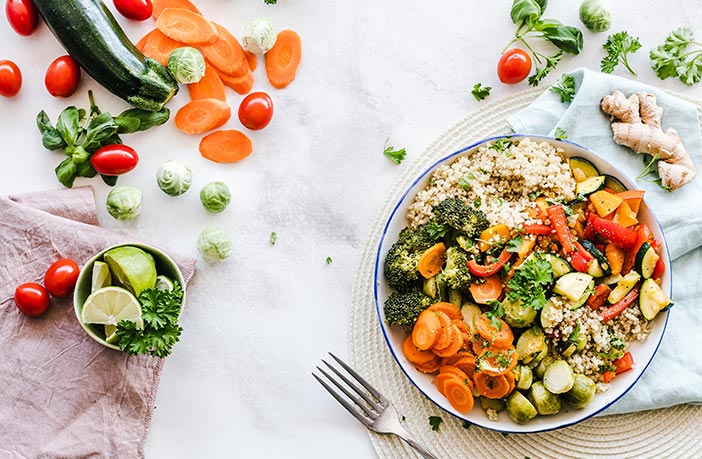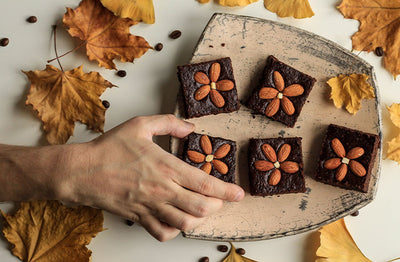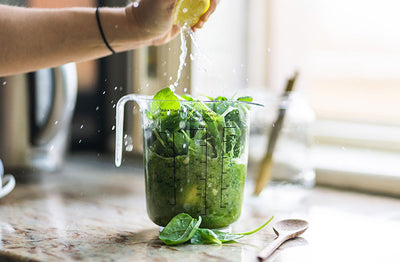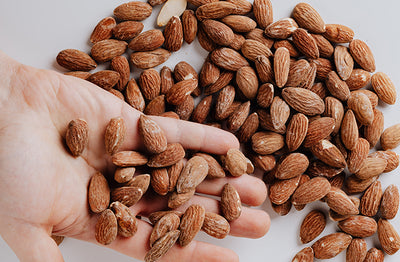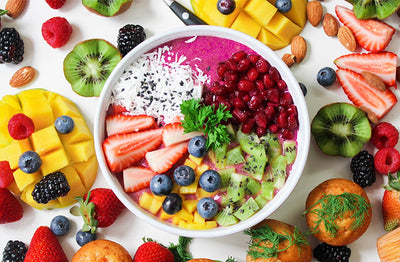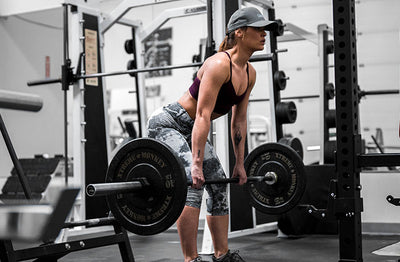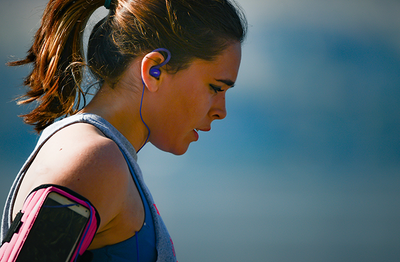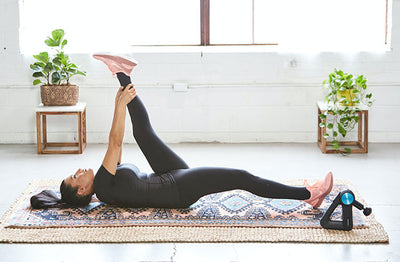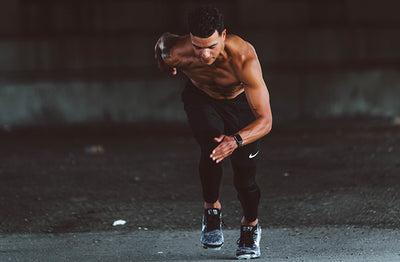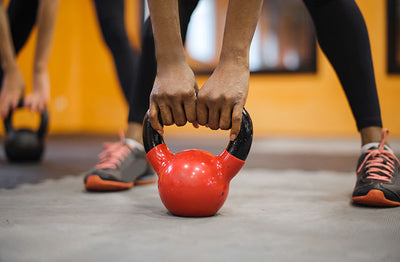For good health, you need to consume the right amount of energy (kilojoules or calories) for your body, as well as the vitamins, minerals, protein, fibre, fats, carbohydrates and water to keep your body running efficiently. And even if you are on a low carb diet, you'll still need carbohydrates. It seems complicated, but if you stick to a few basic rules, you can give yourself the best chance of getting what you need without a lot of stuff that you don't.
1) Know how many kilojoules you’re consuming.
Your body needs energy to function, but too much energy is stored as fat. Besides being causing a less desirable body shape, it can also be stored around your internal organs (known as visceral fat) putting pressure on them, and generally clogging the place up. Eating too many kilojoules is like trying to run a marathon where everyone on the sidelines are throwing beach balls at you, and they keep getting bigger every metre. Too many kilojoules for too long a time, and just like that runner you’ll get knocked down and may not be able to get up again. (I take no responsibility for anyone who goes and throws beach balls at marathon runners.)2) Drink enough water
If you’re not drinking enough water, you’ll feel tired and a bit off at the very least. Your body will slow down your digestive system, making you feel bloated, your muscles will not flush out the fatigue toxins effectively, and in short your whole body will feel second rate. It's like trying to ride a bike that someone's thrown a bucket of honey into the gears. You can get brightly coloured sports drinks and diet soft drinks that may help you drink more fluids, but unless you’re actually in the middle of intensive physical activity, plain water is usually the best drink for you. Those drinks often have loads of sugar and other additives that you may not want anyway. The average adult needs at least 1500 millilitres of water each day, in addition to an extra 500 to 1000 millilitres for every hour of intense exercise.3) Get enough vitamins and minerals
Your body goes through countless chemical reactions every moment you’re alive. To do it effectively, it needs access to a whole array of vitamins and minerals. Most can be supplied by eating a good, clean diet of fresh fruit, vegetables and lean meat. You can also use multivitamins as a supplement if you don't get enough fresh fruits and vegetables.4) Eat more fresh vegetables and fruit.
Fruit and vegetables are the basis of good health. Not only do they fill you up, but they’re full of vital nutrients that you need. The key is to make sure you keep things fresh and healthy. Vegetables don’t need to be added to a meal as an afterthought, the old meat-and-three-veg has been a staple of the Australian diet for years, it’s just that recently we seem to be going more for the oven chips than the sweet potato and fresh corn on the cob. While it may be more convenient to put a tray of frozen chips in the oven, your health (and your taste buds) will really appreciate it if you can get fresh vegetables onto that plate to go with a small portion of meat.5) Lower your fat intake
Less of the bad fat, more of the good fat is a general rule. The bad fats are trans-fats. Lard, hydrolised oil, animal fats… We all know that these are bad for us in large amounts. The good fats are generally those containing Omega-3, like the fats found in fish, nuts or beans. Consuming more of these fats will not only help fuel your body, it’ll actively work against the negative effects of having bad fats in your system. An easy way to do this is to switch out a few things in your diet. Instead of a packet of chips as a snack, some raw mixed nuts are a good alternative. Switch up the lamb, chicken or beef in a meal to fish instead, or just get a fish oil supplement. They come in odour free pill form now, so you don’t have to take a teaspoon of cod-liver oil like our grandparents used to.6) Less alcohol
I know, I know. A bunch of you just shouted "Un-Australian!", "Blasphemy!" and I think I heard someone call me an "unruly agent of anarchy", but lowering your alcohol intake can be a big boost to your health. The occasional drink may not be terribly harmful, but when you see drinking as the default option, try instead to see drinking as a treat, not an automatic activity. You don’t have to drink after all. With that being said, if you do have a drink, keep it to a moderate level. Have a drink to enjoy yourself, or to add to the occasion, not to get blind drunk and work up the courage to tell your boss what you really think of him at Friday night work drinks. That is rarely a good idea for your health, or your continued employment. Instead of drinking as a matter of habit, instead try to drink something that you’ll savour. Treat yourself to a nice glass of wine, a smoky scotch on the rocks, or an organic craft beer. Sip it slowly and enjoy it. You’ll still be able to enjoy your night, but you’ll probably spend less, and be less likely to do something that might have you looking at the job ads the next day.7) Get enough dietary fibre
You need dietary fibre for your body to run efficiently. It’ll help you process waste and keeps things ‘regular’. An average adult needs to eat two pieces of fruit, three cups of vegetables, wholegrain bread and/or breakfast cereal each day. Skip a piece of fruit or choose white bread and it is likely you are getting less than the ideal 30 grams or more of dietary fibre every day. Inadequate fibre can leave you feeling bloated, as well as unsatisfied and more likely to snack on poor-quality foods. A good way to help increase your fibre intake is to have fresh vegetable snacks handy. Carrots or celery sticks have quite a bit of fibre, and will also keep you feeling full until your next meal.8) Don’t smoke
Seriously, just don’t do it. There really is no upside to smoking, it causes health issues to pretty much every process in your body. The chances are that you already know that though, so if you’re having trouble quitting, reach out to any of the several agencies that are dedicated to helping you quit smoking. It WILL help you get fitter and healthier.


